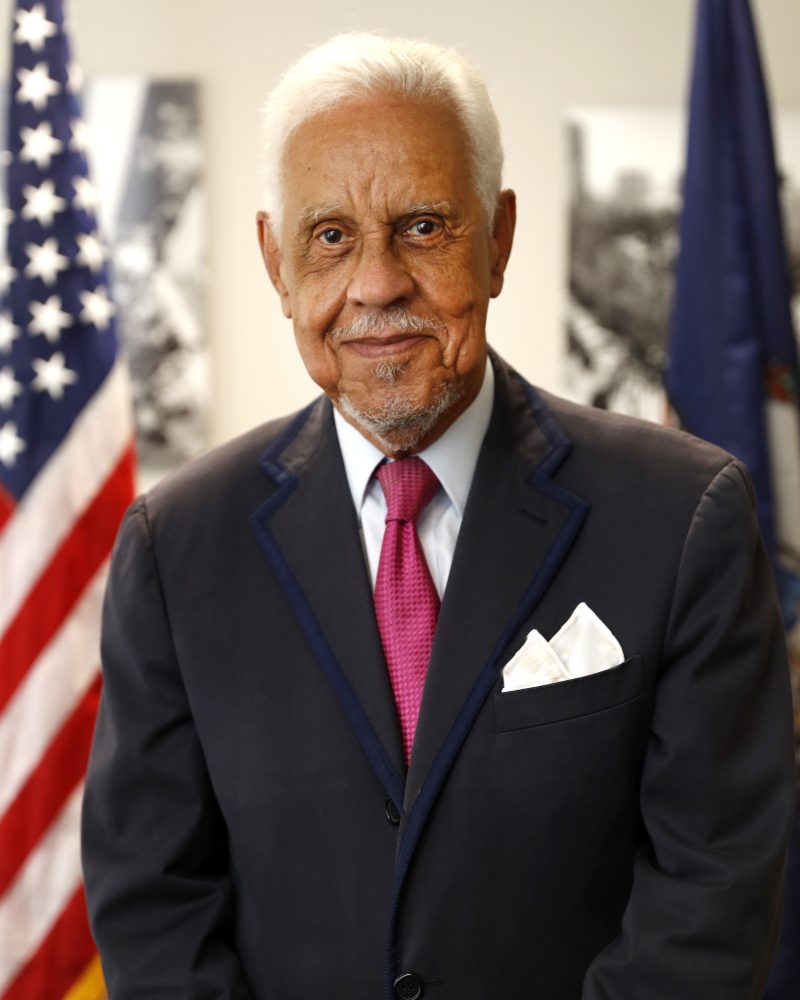When Abraham Lincoln issued the Emancipation Proclamation in January of 1863, it was not until 1865 slaves would begin to be freed in the Confederate-controlled states. On June 19, 1865, Union soldiers arrived in Galveston, Texas, taking control of the state, which was one of the last bastions of southern states to be liberated. More than 250,000 black men and women across the state were declared free from the bonds of slavery.
Three months before the events in Texas, Lincoln toured Richmond after the evacuation of Confederate troops from the city, proclaiming in the war-torn streets the freedom of all enslaved peoples. A slave had hoisted a Union flag atop what is now First African Baptist Church, signaling the end of Confederate occupation of the city, and ultimately the state. My grandfather was a member of that church, though required to worship in the balcony. He served as a deacon and trustee when whites left the premises and formed First Baptist Church. At the end of that year, the Emancipation Proclamation was adopted into the 13th Amendment of the Constitution, and June 19 became known as Juneteenth.
This day came to not only symbolically represent the ending of slavery throughout our country, but brought a new reality. The period of Reconstruction that followed saw the first reunification of families divided through the slave trade. My grandfather was able to rescue his wife, my grandmother, and children, from a farm in Hanover where they had been separated. He would walk 70 miles, to Hanover and back, every weekend and would be whipped on his return for visiting his family.
While June 19 is commemorated today by all freed peoples, it took 156 years to be recognized in 2021 as a federal holiday. Jim Crow laws, segregation, and voting rights were some of the many challenges faced and the effects require continued redressing.
Today, systemic and institutional racism exist as a part of our society. It continues to influence Black access to education, housing and economic prosperity. Improving these conditions is not just a Black issue, but critical to strengthening equality for all Americans.
This day — and every day — is a continued opportunity for people of all races, creeds, and colors to gain education and understanding of the issues many still strive to overcome. Opening a dialogue about the past and its crippling impacts on the present, is key to affecting continual change and progress. We must take the opportunity to share our stories and lived experiences.
Stay tuned.








